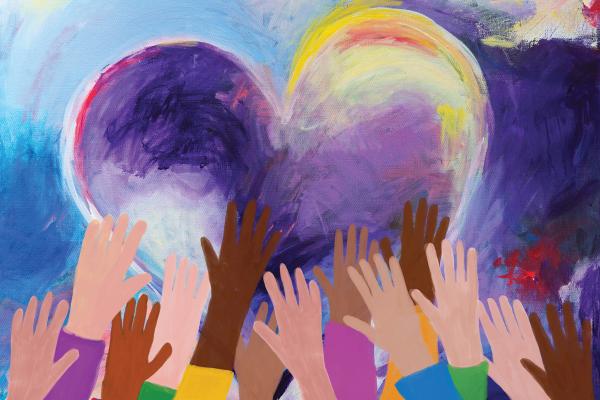AS SOMEONE WHO has lived with chronic pain and come to terms with being a body with limits, I struggle to square a theology of limits with a theology of abundance.
I have limits on my time, energy, and what my body can do. I’ve made peace with and even come to appreciate God’s elegant design of bounded human bodies and an Earth with limited, depletable resources. And yet, our faith speaks of a God who can do “immeasurably more than all we ask or imagine” (Ephesians 3:20, NIV), the same God who led the Israelites into a land “flowing with milk and honey” (Exodus 3:8) and pours oil over the psalmist’s head until his cup overflows (Psalm 23:5).
In a world rapidly running out of arable land, fossil fuels, and healthy soil and water, how do we rightly interpret a theology of abundance?
Read the Full Article

